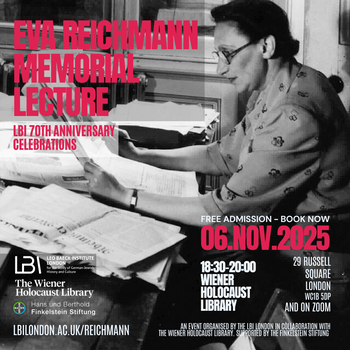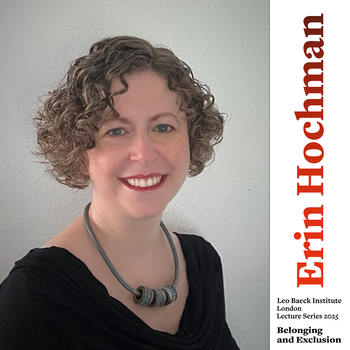This series provides a forum for cutting-edge scholarship at the intersections of Jewish and German studies. In recognition of the diversification and increasingly interdisciplinary nature of Jewish studies, this new series seeks to expand the traditional purview of German-Jewish studies by welcoming contributions from across the full range of disciplines and methodologies, including postcolonial and gender studies, medieval and early modern history, the history of the family, Yiddish studies, folklore, animal studies, media studies, and film and visual culture. It will also publish cutting-edge studies of German-Jewish cultural, social, and intellectual history from the medieval to the modern period.
To submit a book proposal, please visit Indiana University Press: German Jewish Cultures.
Editorial board: Matthew Handelman (Michigan State University); Iris Idelson-Shein (Goethe Universität); Joshua Teplitsky (Stony Brook University); Samuel Spinner (Johns Hopkins University); Kerry Wallach (Gettysburg College). The members of the editorial board are alumni of the Leo Baeck Fellowship Programme.



















